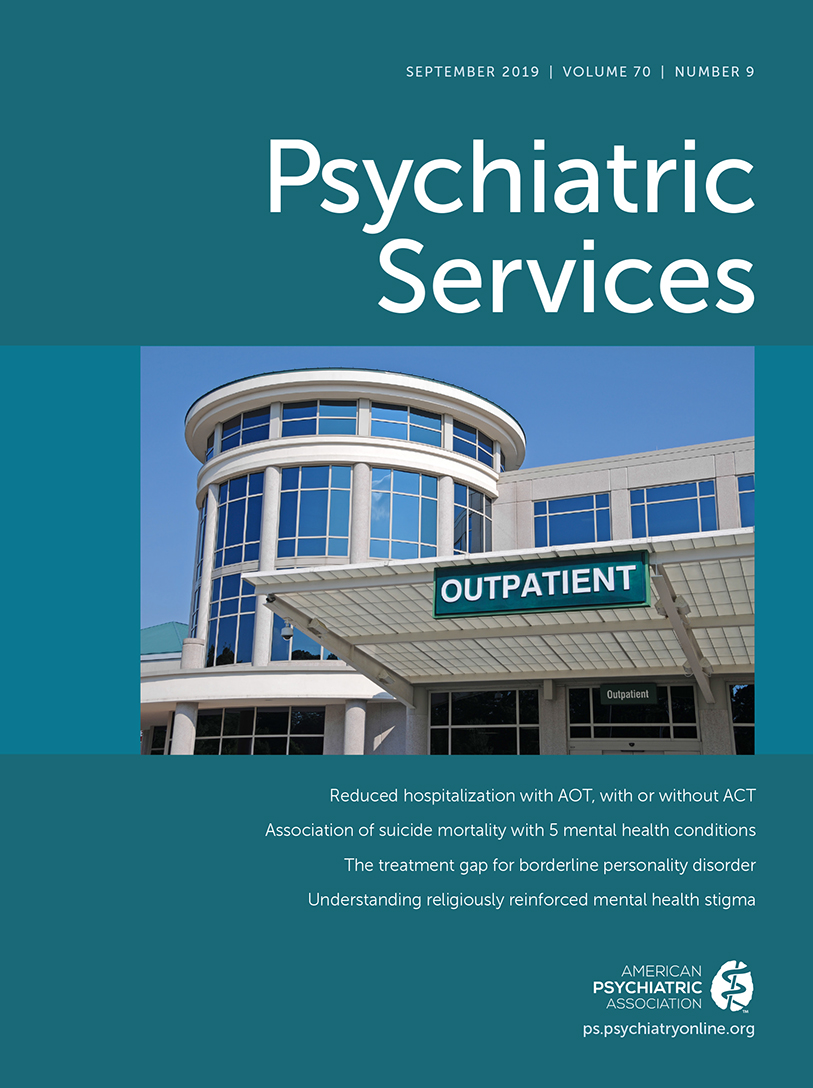Approaching Religiously Reinforced Mental Health Stigma: A Conceptual Framework
Abstract
Religious reinforcement of mental health stigma is a widespread obstacle to treatment. Understanding its principal causes—fundamentalist thinking, communal bonding, misattribution of psychopathology, traditional beliefs and healing practices, and adverse experiences with secular providers—is a prerequisite to effective mitigation. This requires a sensitive search for common ground, efforts to work within community values, attempts to address both psychiatric and spiritual concerns, and educational interventions tailored to these challenges. Addressing religious reinforcement through collaboration between providers of psychiatric and spiritual care requires further study.



